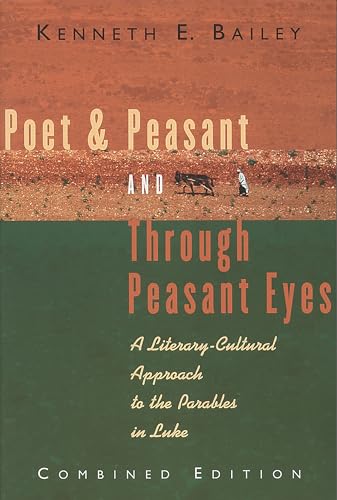Theology in an industrial society
Written by Margaret Kane Reviewed By George CareyDr Margaret Kane, theological adviser to the Bishop of Durham, is eminently suited for the task of ‘doing theology’ in a modern society. Not only is she theologically equipped, but her years of experience of working and living with men and women in the industrial north east of England give her a head start over most people.
The book is set out clearly in three main sections. In the first she explores the nature of Christian revelation and has no difficulty showing that theology that does not bear upon the real problems and issues of life is unworthy of the name. In the second section she examines the divisions within society and the church. Her analysis through the experience of three men working in industry is very perceptive and helpful. In the final section she suggests ways in which healthy links between industrial society and the church might grow.
There is much in this book that I appreciate, especially as I too live and work in the north east of England. All those concerned about the problems of relating the gospel to modem man will find in this book good sense and helpful advice. But my chief complaint is that her first-hand knowledge of the north-east situation is married to, and marred by, a brand of theology that I find simplistic, question-begging and woolly-minded. As it is typical of a great deal of thinking in the church I must give an example of what I mean. At the heart of her theology there is a distinction between two approaches to mission which she entitles ‘A’ and ‘B’. ‘A’ treats God’s activity in the world in traditional terms, that is, by regarding man as a sinner in need of salvation and the world a place of darkness. Type ‘B’, however, treats the world and man as fundamentally good. ‘A’, she argues, is a world-denying approach, whereas ‘B’ is world-affirming. She shows clear preference for the latter type. But it must be said that such deductions are far from helpful or even accurate. She asserts that the Old Testament prophets were world-affirming, and so, by implication, in group ‘B’. But they weren’t! They were God-affirming, and this over-riding conviction makes such deductions too inaccurate for words. Again, ‘The prophets did not call people to a religious revival but to radical change in the way of life so that their lives would bear witness to God’s nature of truth and love of justice.’ How interesting—that is exactly what I thought religious revival is! So emphatic is Margaret Kane on her world-affirming theology that she claims that people outside the church have a vital contribution to make to theology. ‘To do theology in a way that is open to anyone is going to require skills that have not yet been developed in many Christians.’ Now what does that mean? If it means that we can learn a great deal from our non-Christian friends, then that is self-evident to most Christians. But if she means, as I think she does, that creative theology demands the theological insights of non-Christians then all I can say is that the entire biblical tradition denies this hotly and strongly. Such an idea contradicts the New Testament doctrine of salvation.
In short, this book is a hotch-potch of theological ideas which are pressed into service in a most promiscuous way. It is disappointing that the admirable intention of the author is let down by what appears to be ‘second-hand’ theology. I regret to conclude that this is one theological consultant who needs a consultation!
George Carey
Vicar of St. Nicholas’ Church, Durham







